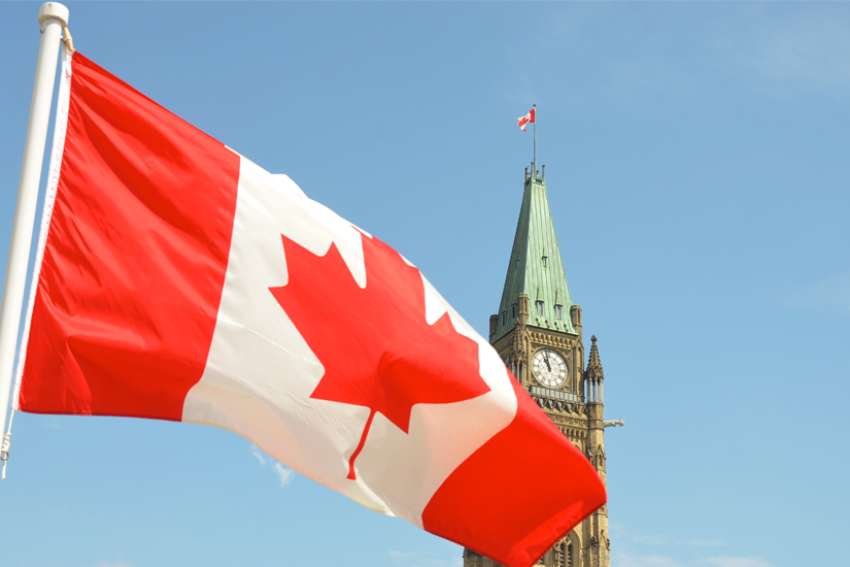The host of economic challenges agitating the country, particularly the well-documented housing shortage crisis, has swayed Canadian public sentiment regarding immigration. According to a recent Leger poll, 65 per cent of Canadians believe the previous immigration targets of 500,000 in 2025 and 2026 (now 395,000 and 380,000) were too high.
And weeks after the Government of Canada announced it is slashing its projected number of new permanent residents for 2025, 2026 and 2027, Immigration Minister Marc Miller told the House of Commons immigration committee on Nov. 25 to expect more systemic changes.
Claudio Ruiz Pilarte, executive director of Catholic Crosscultural Services in Toronto, understands the reasoning behind the change in Canadian mood and the government’s recent edicts. But he said the policy changes nevertheless are “disappointing.”
“We know the impact that it is going to have, not only for people who are searching for a safe place where they can come to but also for the sector itself,” said Pilarte. “We also have a lot of newcomers who are already here in Canada, and they are going to need all the help they can to be successful in their integration journey. Having fewer resources will make that particular objective a lot more challenging.”
Ricardo Morales, director of Community Development Integration Services & Southern Alberta Rural Projects for the Calgary Catholic Immigration Society (CCIS), is mindful of the majority of Canadians adopting a more skeptical stance about immigration levels, but is keen for the narrative to change. Alluding to how 67 per cent of Alberta’s 49,138 increase in population during the first quarter of 2024 was driven by newcomers, Morales said the consequences of a marked drop should be discussed.
“If we spin the narrative and if we're concerned about economics and the growth of Alberta, what is the impact of this in terms of Alberta's economy and growth?” asked Morales. “If we say that immigration is the catalyst for economic sustainability if we have this downward immigration trend, what possible impacts could happen?”
Another big question is how long will this new public opinion pendulum change endure. For his part, Ruiz Pilarte hopes it won't be last.
“I'm hoping that given the current reality of the country and some of the issues the government brought up as (a) rationale for making this decision that (this mindset) is not going to become entrenched and that immigration will not be interpreted as a nuisance or challenge,” said Ruiz Pilarte.
He pointed to Canada’s 1.26 total fertility rate — the country is now a “lowest-low” fertility nation according to the United Nations — as evidence higher immigration levels are beneficial in the long term.
Still, the federal government is expected to announce further policy alterations in the coming weeks. Regarding the announced 20-per-cent drop in the permanent residency pathway, Prime Minister Justin Trudeau released a seven-minute YouTube video Nov. 17 to explain his government’s substantial immigration pivot.
Time will tell when, or if, Canada will shift back to its traditional pro-immigration attitude. The reticence regarding the number of admissions into Canada comes at a time when 57 per cent of their American neighbours, according to a new CBS News/YouGov poll, support President-elect Donald Trump’s mass deportation plan for illegal migrants.
Regarding Trump, he asserted in a Nov. 25 Truth Social post that “thousands of people are pouring through Mexico and Canada, bringing crime and drugs at levels never seen before.” He wrote that a 25-per-cent tariff will be imposed on all Canadian and Mexican goods upon his return to office if action is not taken.
“Both Mexico and Canada have the absolute right and power to easily solve this long-simmering problem,” wrote Trump. “We hereby demand that they use this power, and until such time that they do, it is time for them to pay a very big price!”
Trudeau and Trump spoke on the phone following this news and the PM has agreed to meet with provincial premiers to discuss the matter.


